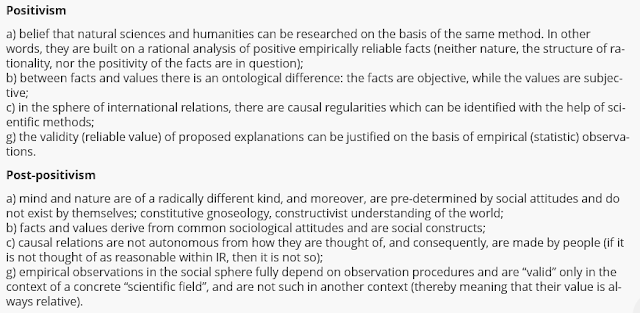International law and the resettlement of refugees in PNG
International law is important when you look at it from an international relations point of view because it helps you to understand and analyze the behaviour of states, non-state actors, and individuals using legal principles. International law also regulates, to a certain degree, the behaviour of states, non-state actors and individuals. Shaw (2009, pp. 1-2) said private international law talks about the conflict of laws. He gave an example of two Englishmen and their contract made in France to sell goods situated in Paris. He said an English court would apply French law as regards the validity of that contract. Also, if a couple from PNG got married in Australia while they were studying. A PNG court would apply Australian law to annul the marriage. In contrast, public international law is usually just termed international law according to Shaw (ibid.). He says public international law covers relations between states in all forms, from war to satellites, and regulates the op
